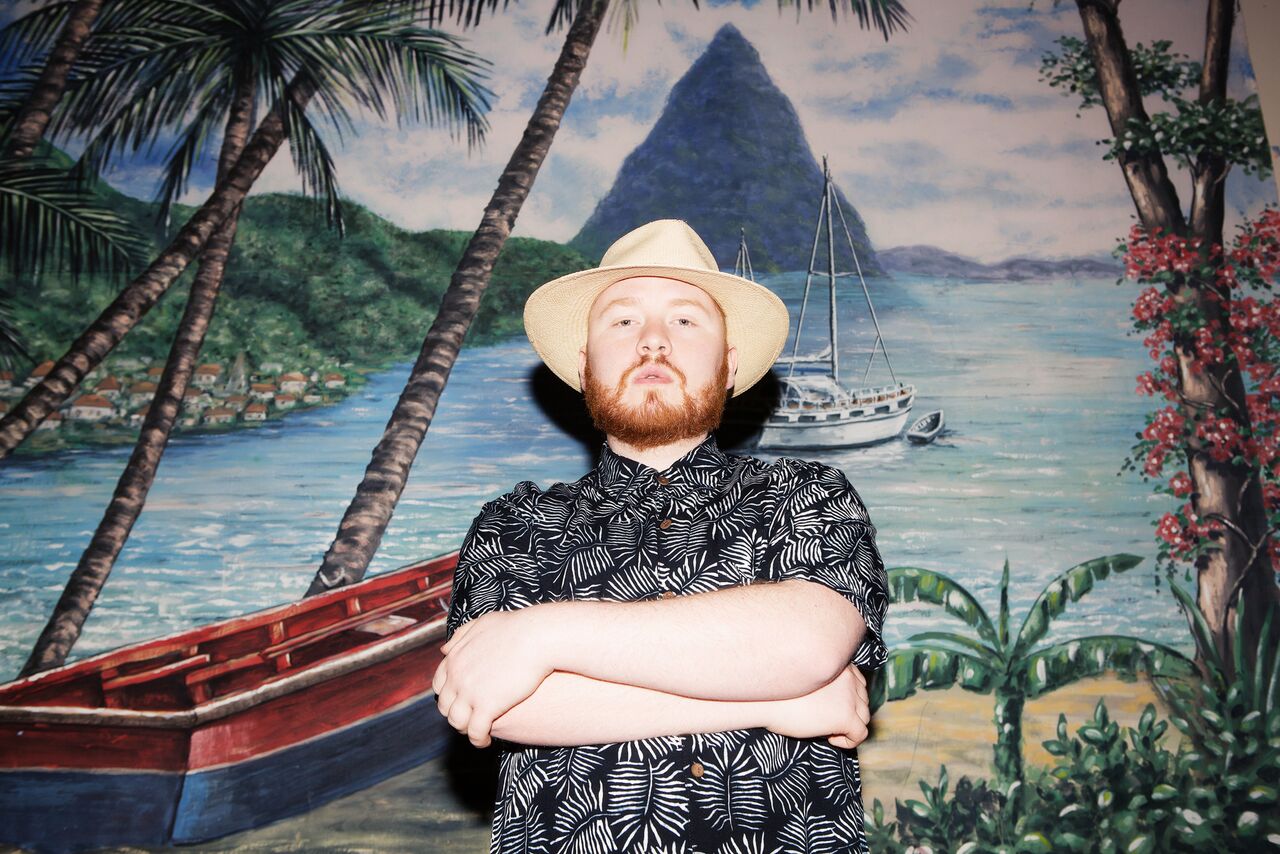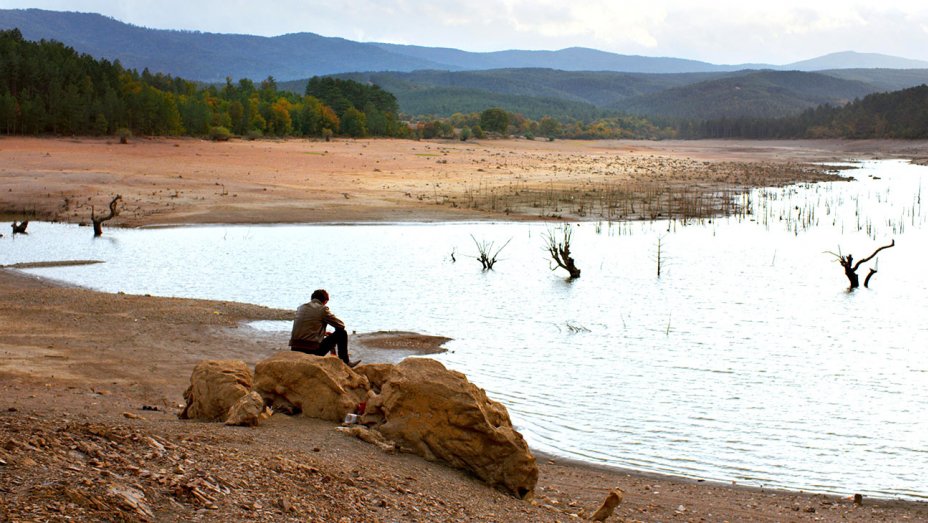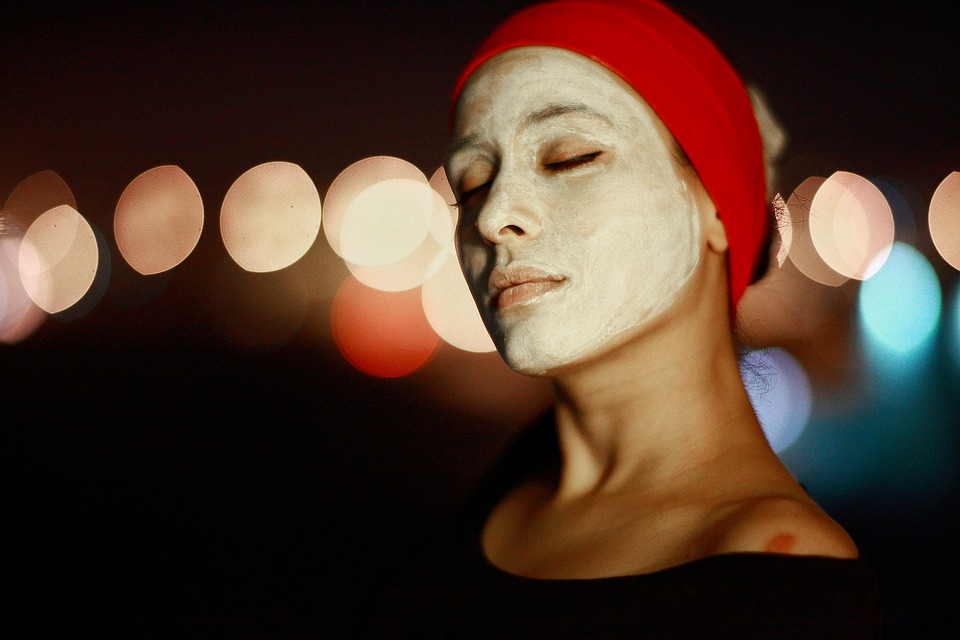Curated by the band Wire and One Inch Badge, Drill was a city-festival which took part in October last year (strategically, just when I was holding my breath for the coming of the impending exam period). The lineup for Drill was inconcievably good, including the likes of Swans, Wire themselves and Savages as headliners. Although these names might not be familiar to some (especially Wire), most of the bands at Drill made up a good portion of the alternative scene in the 80s. I’m sure you know that Brighton also regularly plays host to The Great Escape, another city festival which utilises Brighton’s fairly compact layout during May. Compact maybe in theory, but not in practice. Although not having to camp might sound luxurious, during Drill navigating yourself around the city was like a not very fun game of orienteering. One too many a sweat was broken in the race to catch Brighton’s 25 bus, shadowing the excitement of seeing the bands that you were actually looking forward to for a whole month. Not ideal.
For the first time in my life, without pressure and/or coaxing from figures of academic authority, I felt compelled to draw up a timetable. I might as well have been preparing to climb Ben Nevis for the weekend. Aside from being a complete ordeal for the terminally lazy, city festivals just don’t have the pervasive atmosphere required for them to feel like a ‘whole’ event. The fragmentation of the festival across Brighton’s numerous venues made it -too- temporary – nobody could stick around long enough to get their bearings, have a post-mortem of the bands with their friends, or take a pitstop at an overpriced falafel stall. What is more, nobody wants a very tall and famous person standing in front of them for the duration of a band, especially when there is a ridiculous amount of floor space because every- one is seeing the main act.
Enough espousing on the negative – here’s what can be learnt from this. What just works about camping festivals is that it just propagates the Romantic myth that everyone who isn’t sentenced to the Home Counties for life has about rural England. To this populace, there’s something idealistically lawless about setting up a festival in the country – the whole thing is temporary, unlike the city festival, which has to mould itself around already instantiated structures. The city shrugs it off, the festival atmosphere being too grossly unfamiliar and disruptive even for a place like Brighton. Including the daily routines of workers, who don’t really want to be caught up in someone else’s long weekend of afternoon drinking. At least with festivals outside of the city, there is no conflict of interest.The only real conflict being the prices of watery lager that have mysteriously rocketed since you found yourself at the festival, and already drunk you.
Although camping festivals are often cynically commercial nowadays, I think the real reason for their original manifestation was as escapism – really when people still used music as such. This might seem naively and tiresomely retrospective an idea, but when one heads out into the most desolate stretches of Suffolk for Latitude Festival, one hopes to be far removed from contemporary social convention.And to some extent, despite the sea of Cath Kidston wellies and family friendly fun, this is what you get. Especially in Southwold. Although both city and country based festivals in the UK are now mostly run as highly commercialised events, city festivals still feel swamped by the city’s already established routine, which cannot be temporarily reinvented for the purposes of the event. It’s also doubly a shame, because Drill had a very idiosyncratic lineup. It just didn’t feel as of a festival was the right place to see these bands, let alone a Brighton-based festival. It’s puzzling because bands like Wire and Swans would just not fit comfortably on a camping festival lineup – not at least in our current conception of the camping festival. Such bands come into their own when they are allowed to perform in a more intimate, more private environment. Open spaces typically do not lend them- selves to such performances. Even though the city festival setting for these bands was perhaps more appropriate for the dark atmospherics of these bands, it still didn’t entirely provide the best context to see them in. Don’t get me wrong: I love Brighton, and I love festivals, but the twain here precariously meet.




